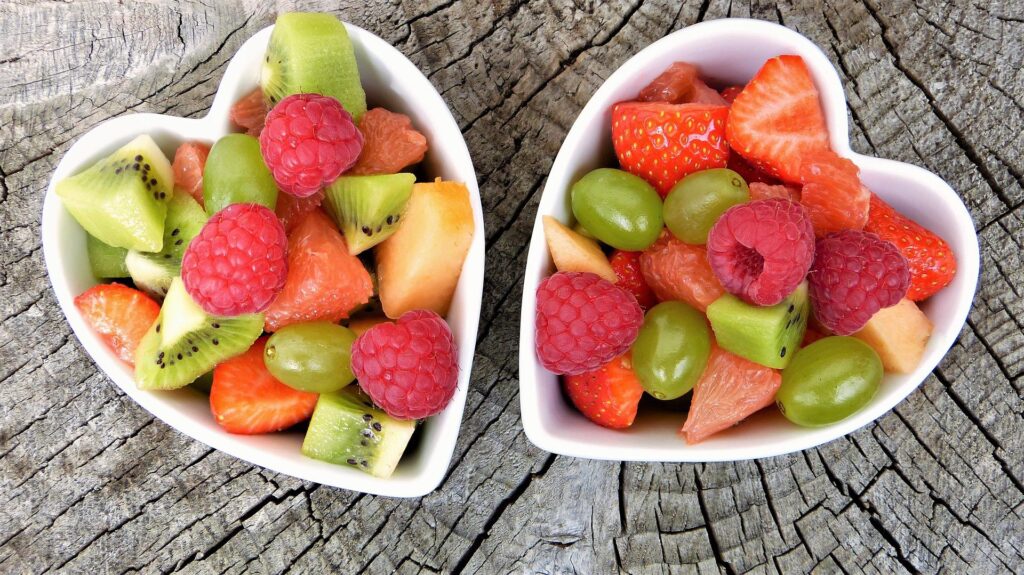What you eat during pregnancy has a big impact on the health of your baby. Studies have shown that pregnant women who eat more vegetables, fruit, and whole grains have a lower risk of obesity, diabetes, high blood pressure, and preeclampsia in pregnancy.
TYPES OF DIETS
There are so many diets out there, and it can be tough to figure out which one is right for you and your baby. Here’s a quick overview of some of the most popular diets people use during pregnancy.
The Paleo Diet: This diet focuses on eating like our caveman ancestors did – lots of meats, vegetables, and healthy fats. While this diet is great for overall health, it’s important to make sure you’re getting enough folate (a nutrient found in leafy greens) to prevent birth defects.
The Mediterranean Diet: This diet is based on the traditional eating habits of countries like Greece and Italy. It’s rich in fruits, vegetables, whole grains, olive oil, and fish. Studies have shown that this diet can help reduce the risk of certain conditions like heart disease and diabetes.
The Vegetarian Diet: This diet doesn’t include any meat or poultry, but does allow eggs and dairy products. If you’re pregnant and vegetarian, make sure you’re getting enough protein from sources like beans, nuts, and tofu. You’ll also need to take a vitamin B12 supplement since this nutrient is only found in animal products.
The Vegan Diet: This diet is similar to the vegetarian
PRENATAL NUTRITION
As a pregnant woman, you need to be especially careful about what you eat and drink. Your diet during pregnancy is important for the health of both you and your baby.
There are certain nutrients that are essential for a healthy pregnancy, such as folic acid, iron, and calcium. You should aim to eat a varied and balanced diet that includes plenty of fruits, vegetables, whole grains, and lean proteins.
You may need to take a prenatal vitamin supplement to ensure that you are getting enough of these essential nutrients. You should also drink plenty of water and avoid sugary drinks, caffeine, and alcohol.
If you have any concerns about your diet or nutrition during pregnancy, please consult with your healthcare provider.
FOODS TO EAT AND AVOID
There are a lot of things to consider when you are pregnant and your diet is one of them. You want to make sure that you are getting all the nutrients that you and your baby need, but at the same time, there are some foods that you should avoid. Here is a list of some of the best and worst foods for pregnancy.
The Best Foods:
1. Leafy greens – These are packed with vitamins and minerals, including folate which is important for preventing birth defects.
2. Lean protein – This provides the building blocks for your baby’s cells and helps to prevent gestational diabetes.
3. Whole grains – These complex carbohydrates give you energy and help to keep you feeling full. They also contain B vitamins, iron, and fiber.
4. Dairy – Dairy products are an excellent source of calcium and vitamin D, both of which are important for pregnant women. Just make sure to choose low-fat or fat-free options to avoid excess calories.
5. Beans – Beans are high in fiber and protein, making them a great addition to any pregnancy diet. They also contain iron, folic acid, and calcium.
6. Fruit –
RECIPES
Pregnancy is a time when you need to be extra careful about what you eat. Everything you consume during this time will have an impact on your baby’s health. It is essential to eat a balanced diet that provides all the nutrients your baby needs for healthy development.
There are many healthy and delicious recipes that are perfect for pregnant women. These recipes provide all the nutrients you and your baby need. They are also easy to make and can be enjoyed by the whole family.
Some great recipes for pregnant women include:
-Vegetable soup
-Chicken and rice casserole
-Stir fry vegetables with tofu
-Fruit salad
-Whole wheat pasta with vegetables
These recipes are just a few ideas of healthy and nutritious meals that you can enjoy during pregnancy. Be sure to talk to your doctor or nutritionist before making any changes to your diet.
CONCLUSION
A pregnancy diet should be a well-rounded diet that includes a variety of nutrient dense foods. Eating a variety of healthy foods will help ensure that you and your baby get all the nutrients you need. While there are no specific foods that you need to eat to guarantee a healthy pregnancy, following a nutritious diet is a good way to start.


